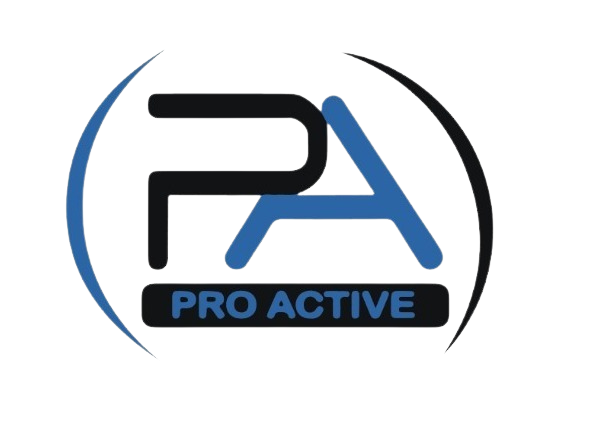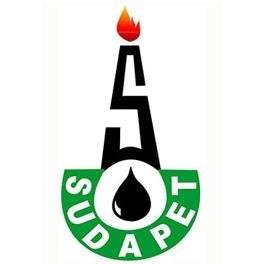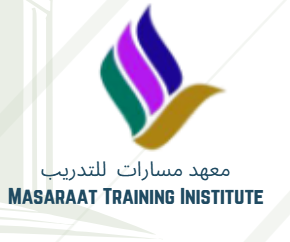.jpeg)
Feasibility Study
Feasibility study Economic feasibility can be defined as the process through which information about the proposed project is collected and analyzed to know how to implement it and reduce risks to ensure the project’s profits, and thus know whether this project is a success or a failure compared to the local market and its requirements. ¹
Steps for economic feasibility work
In the beginning, the project owner must know and identify some necessary things that must be present in his personality, and among these things are the following: ²
§ Determine the skills and experience he possesses to serve the project.
§ Knowing the motives that can ensure the success of the project.
§ Identifying the most important personal qualities that qualify to lead the project.
Market study through ²
§ Determine product characteristics.
§ Determine market share.
§ How to sell products to achieve the project’s market share.
Conducting a technical study of the project through ²
§ Determine the fixed assets needed by the project.
§ Determine the requirements for the production process of goods or services.
§ Determine the stages that the production process will go through.
Financial study of the project through ²
§ Determine the extent to which the project idea can achieve profitability or not.
§ How to obtain financing.
§ Determine the total costs necessary to establish the project.
Guidelines that enable the completion of the feasibility study to complete the importance of the economic feasibility study: ³
Project description: This includes the project name, proposed activities, location, owners, and legal form of the project.
Market: Depends on the size of the market, sales volume, and services.
Defining and organizing the staff: Distributing roles for the production process is considered an important factor in ensuring the success of the project.
Project requirements: It is natural that any project, regardless of its size, whether small or large, has certain needs and requirements that are necessary for the success of the project, so the project and productivity processes must be known in terms of:
o What is involved in the production process from beginning to end?
o What are the most important resources that the project needs and how to obtain them?
o Determine who will buy the products and why. Identify potential problems.
The project needs to be run considering: ¹
Production process: who will produce, how to produce, and how big it will be.
Financial matters: that is, who will undertake financial management, and who will be responsible for the buying and selling process.
Management: Who will be responsible for suppliers, debt documentation, sales and purchases?
Determine the overall costs of the project: whether fixed or variable costs.
Determine the selling price per unit and determine competitive prices, by asking the following questions: ¹
§ Who is the competitor? What is the selling price of similar products in the market with the project products?
§ How much do competitive products sell? Are the prices of the products suitable for everyone?
:References
1. Business Plan", Investopedia, Retrieved 03-08-2018. Edited.
2. Don Hofstrand, "What is a Feasibility Study?"، extension, Retrieved 03-08-2018. Edited.
3. Mukund (13-12-2017), "Why a Feasibility Study is Important in Project Management"، simplilearn, Retrieved 03-08-2018. Edited.
1



.jpeg)
.jpeg)









